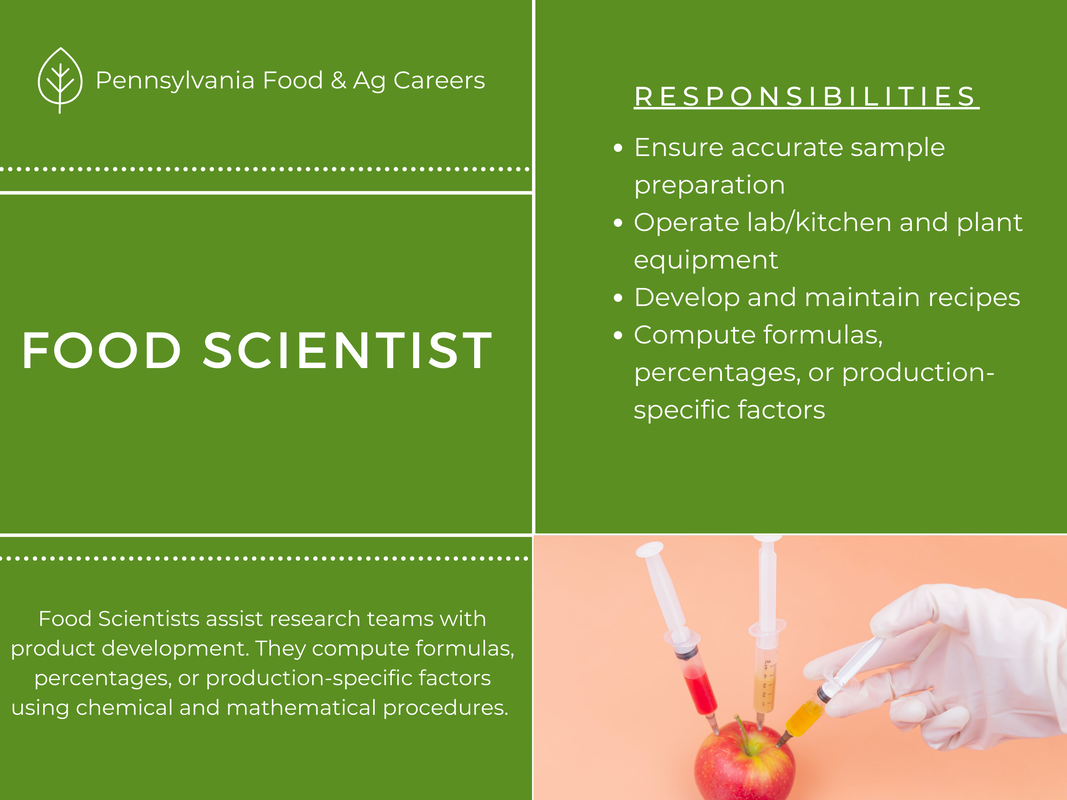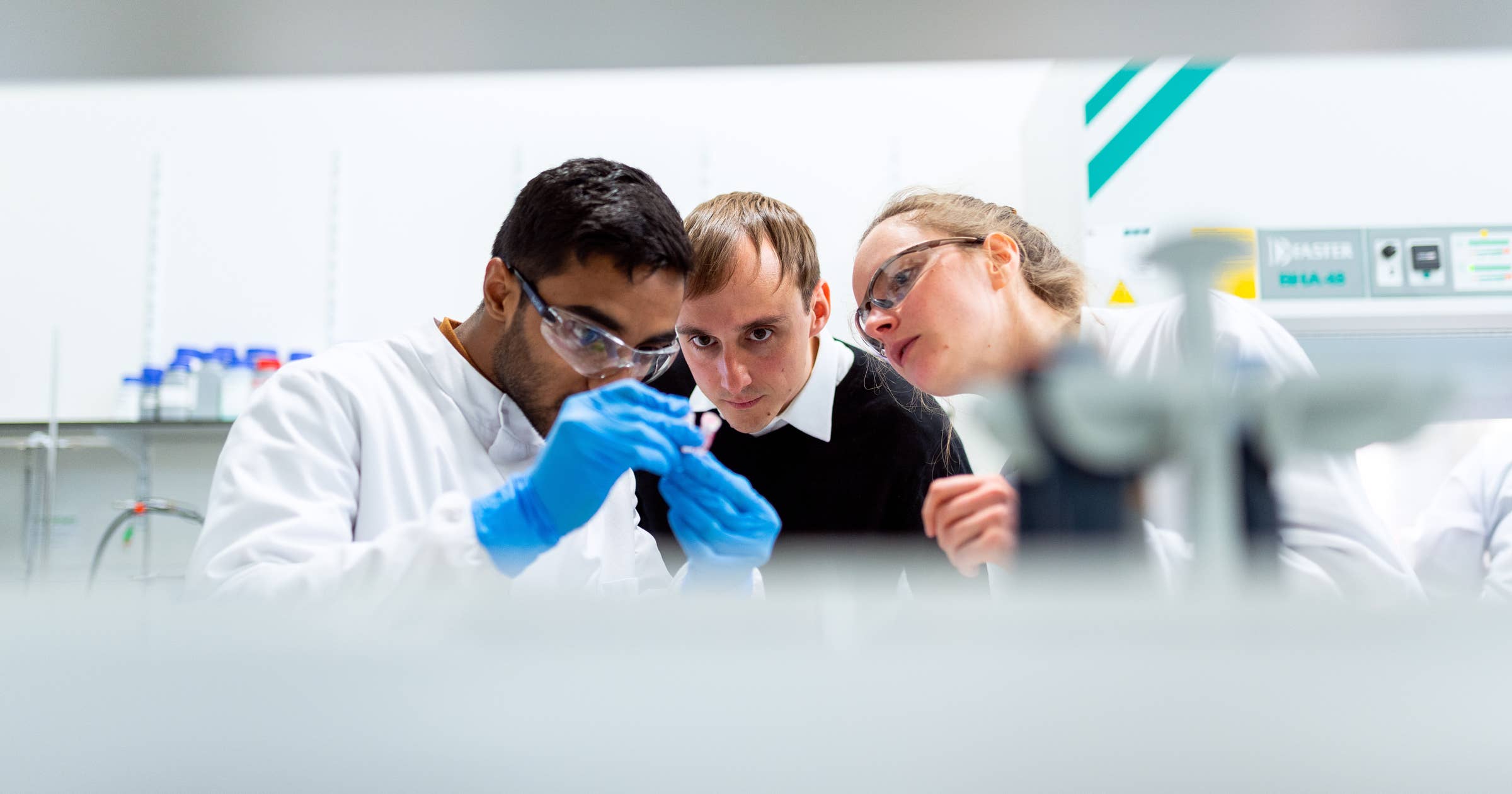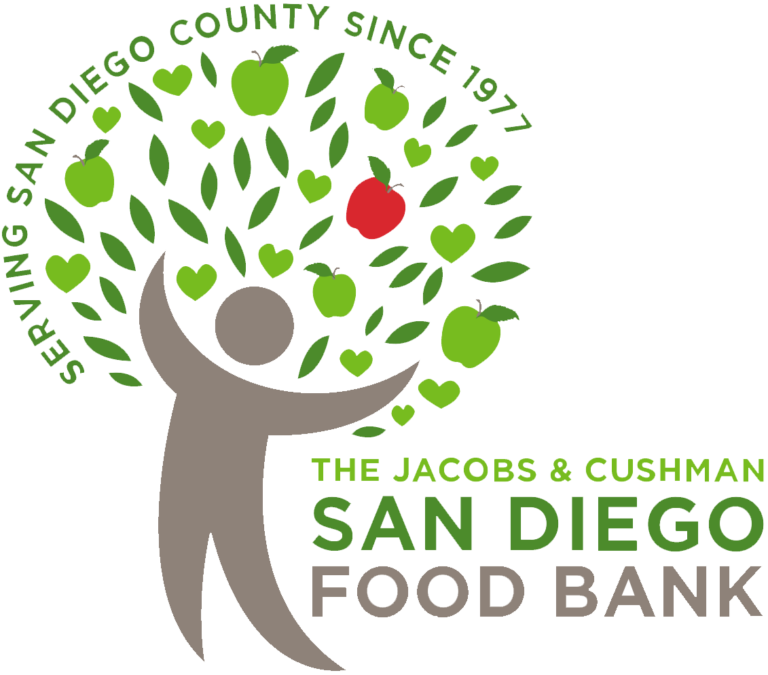Food scientist job description
Table of Contents
Table of Contents
Are you interested in pursuing a career in food science and wondering what the responsibilities of a food scientist are? Look no further! In this article, we will dive into the world of food science and explore the various tasks and duties that come with being a food scientist.
Pain Points
From a consumer perspective, the quality and safety of the food we eat is of utmost importance. As a food scientist, it is your responsibility to ensure that the food products that hit the shelves are both safe and meet regulatory standards. Additionally, there is a growing demand for more sustainable and environmentally friendly food products, and it is up to food scientists to develop and innovate in this area. This can be a challenging responsibility, but also a rewarding one as you contribute to the betterment of society.
Target of Responsibilities Of A Food Scientist
The responsibilities of a food scientist can vary depending on their specific role and area of specialization, but generally involve research, development, and quality control of food products. This can include everything from identifying and testing new ingredients, developing new food products, and ensuring that they meet regulatory standards for safety and quality. Additionally, food scientists may be involved in the development of new manufacturing processes, packaging techniques, and storage methods to enhance the shelf life and safety of food products.
Summary of Responsibilities Of A Food Scientist
In summary, the responsibilities of a food scientist cover a broad range of areas, including research and development, quality control, and regulatory compliance. With a growing demand for sustainable and environmentally friendly food products, food scientists play a critical role in driving innovation and improving the quality of our food supply. As you consider a career in food science, it is important to keep in mind the diverse and exciting responsibilities that come with it.
Target: Food Product Development
As a food product development scientist, one of the primary responsibilities is to create new and innovative food products that meet consumer demands. This involves identifying trends in the food industry and developing products that not only meet regulatory standards, but that are also appealing and desirable to consumers. Personally, my experience in developing a new plant-based meat alternative product required extensive research on alternative protein sources and a deep understanding of consumer preferences. Through this experience, I learned just how important it is to stay up-to-date with trends and to have a deep understanding of the science behind food development.
Target: Quality Control
Quality control is another essential responsibility of a food scientist. This involves ensuring that products meet regulatory standards for safety and quality, and that they are consistent in taste and texture. As a quality assurance specialist in a food manufacturing company, I was responsible for conducting sensory testing and ensuring that production processes followed strict guidelines to maintain product quality. It is important for food scientists to have a keen eye for detail and to be able to identify potential issues before they become larger problems.
Importance of Regulatory Compliance
Regulatory compliance is a critical responsibility of a food scientist. With food safety regulations becoming increasingly strict and complex, food scientists must ensure that they have a deep understanding of regulatory standards and are able to implement them effectively. This includes everything from identifying potential hazards in the food production process to ensuring that product labeling is accurate and complies with requirements. Failure to comply with regulations can have serious consequences, including product recalls and legal action, making it an essential responsibility for food scientists.
Innovation in Sustainable Food Production
One area where food scientists have a unique opportunity to make a difference is in sustainable food production. With concerns about climate change and the environmental impact of food production, there is growing demand for more sustainable and environmentally friendly food products. Food scientists can play a critical role in driving innovation in this area, from developing new plant-based protein sources to exploring alternative food packaging materials. It is an exciting time for sustainability in food science, and one where food scientists can make a real impact.
Question and Answer
Q: What kind of education and training is required to become a food scientist?
A: Typically, a bachelor’s degree in food science or a related field is required to become a food scientist. Some positions may require a higher degree, such as a master’s or Ph.D. Additionally, food scientists must have a deep understanding of chemistry, biology, and other related fields.
Q: What are some of the biggest challenges facing food scientists today?
A: One of the biggest challenges facing food scientists today is the need to develop sustainable and environmentally friendly food products. This requires extensive research and innovation, and a deep understanding of complex environmental issues. Additionally, there is a growing demand for more health-conscious food products, which requires food scientists to balance taste and appeal with nutritional value and safety.
Q: How does technology play a role in food science?
A: Technology plays a critical role in modern food science. From advanced processing techniques to sophisticated analytical tools, technology enables food scientists to innovate and develop new products. Additionally, food scientists rely on technology for quality control and safety testing, and to ensure regulatory compliance.
Q: What kind of personal qualities make for a successful food scientist?
A: Successful food scientists possess strong analytical skills, attention to detail, and a passion for innovation. Additionally, they must have excellent communication and collaboration skills, as food science projects often involve working with teams of researchers and industry professionals.
Conclusion of Responsibilities Of A Food Scientist
From food product development to quality control and regulatory compliance, the responsibilities of a food scientist are varied and exciting. With a growing demand for sustainable and environmentally friendly food products, food scientists have the opportunity to make a real impact on the food industry and society as a whole. As you explore this field, consider the diverse responsibilities of a food scientist and the many opportunities for innovation and growth it presents.
Gallery
Food Scientist

Photo Credit by: bing.com /
Lab Grown Meat And The Problems It Might Solve

Photo Credit by: bing.com / scientist alimentos degrees distribución
Food Scientist Job Description - How To Become A Food Scientist

Photo Credit by: bing.com / teknologi pangan makanan pekerjaan ilmu careerthoughts lulusan idaman pecinta scientists nyu crocktock merdeka
Food Science Job - Product Development Scientist - YouTube

Photo Credit by: bing.com / food development scientist job
Food Scientist Job Description

Photo Credit by: bing.com /





